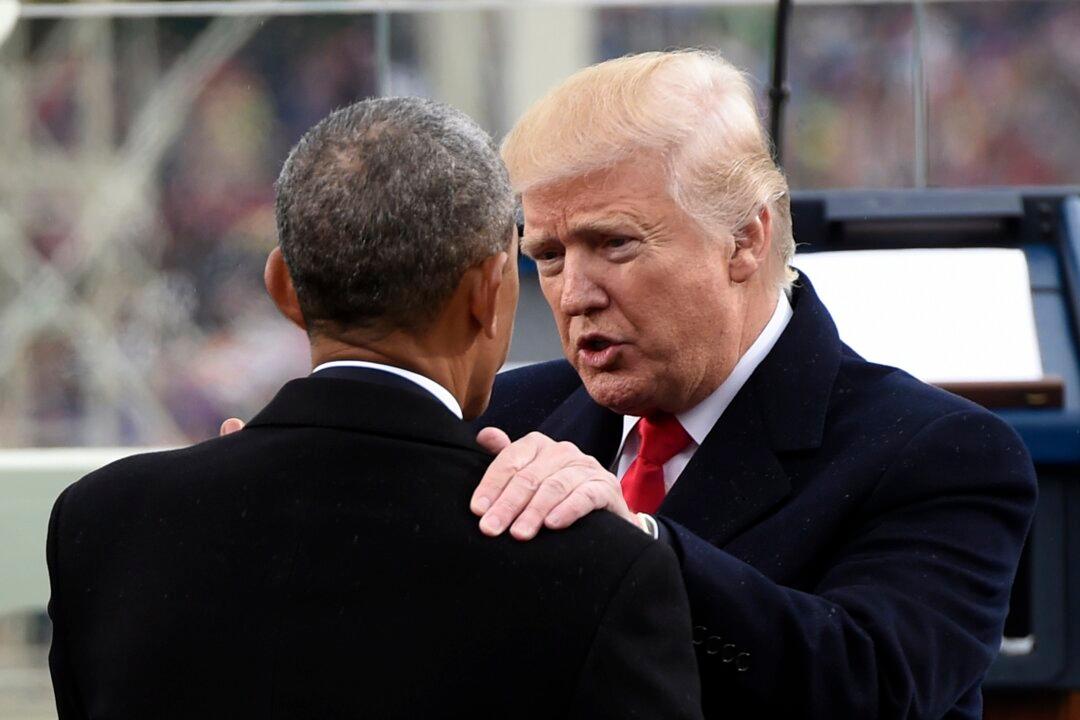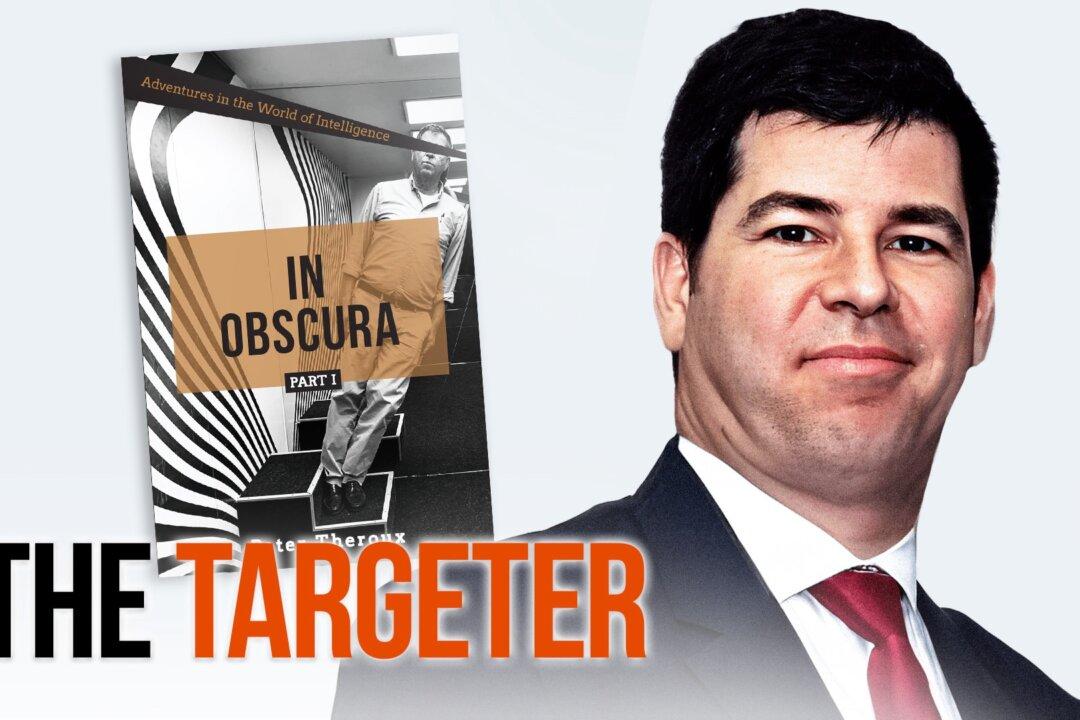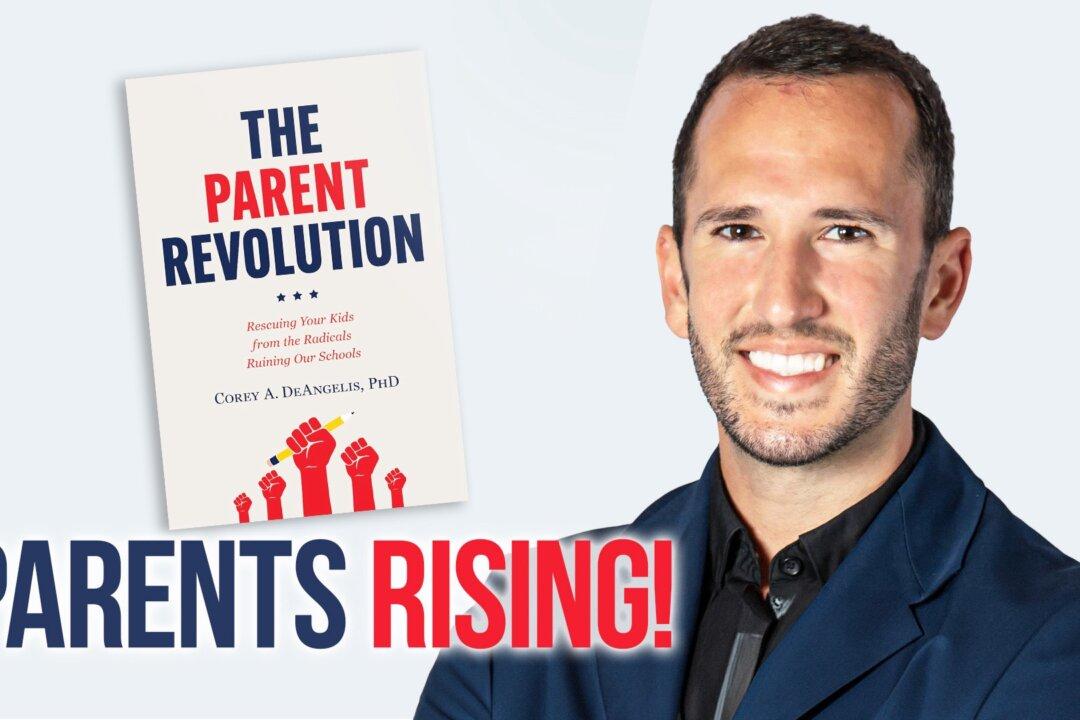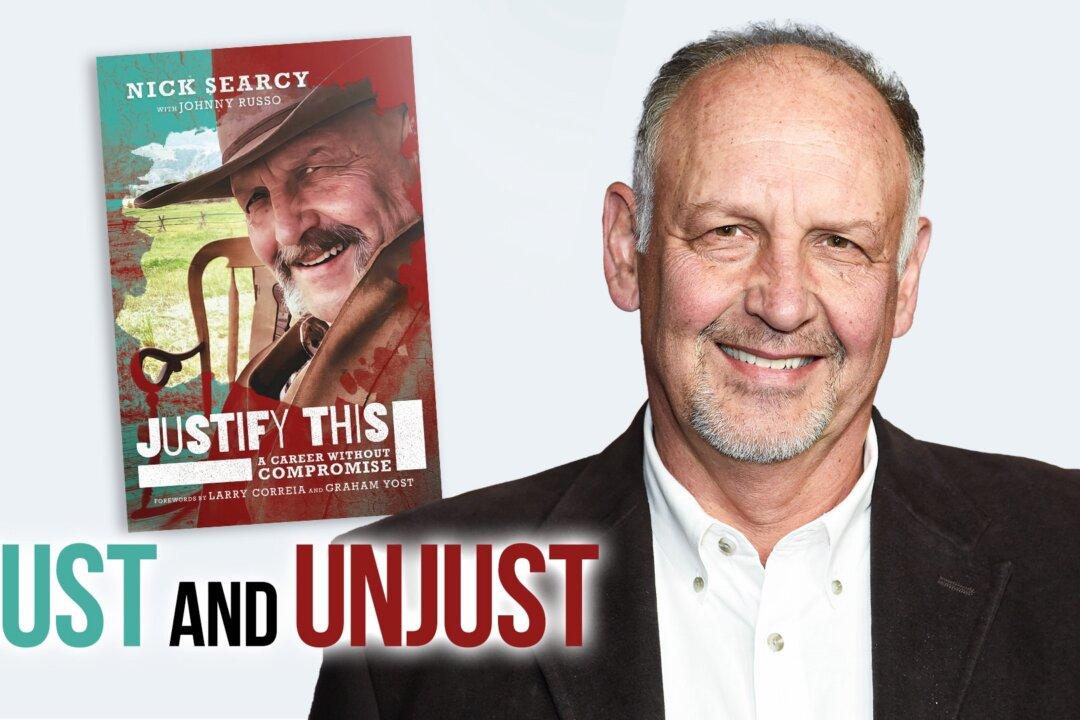Commentary
Recent press reports show that a veteran Democratic political operative played a large part in restarting the case against former President Donald Trump that the prior Manhattan district attorney, the Justice Department, and Alvin Bragg himself previously declined to prosecute. Matthew Colangelo is closely aligned with President Joe Biden and his former boss Barack Obama.





